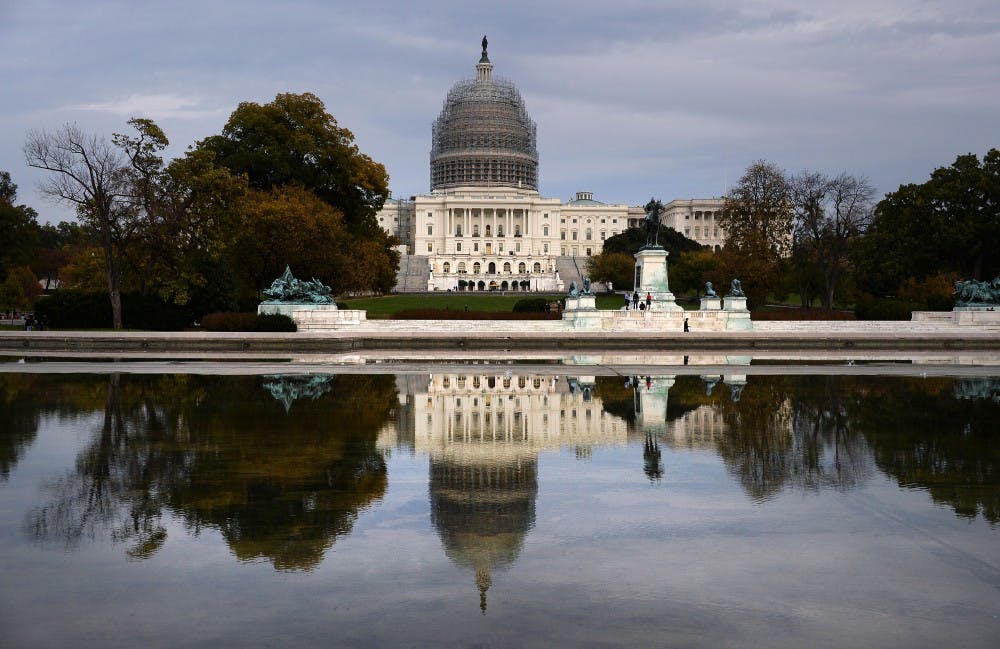USC will be well-represented in Washington later this week when College of Engineering and Computing professor David Matolak arrives to brief NASA leaders and members of Congress about the aims of a $4.4 million research project.
A doctoral alumnus of the University of Virginia, Matolak came to Columbia in 2012 after teaching 13 years at Ohio University. With interest in communications and electromagnetics, he has researched aeronautical communication for NASA for about a decade and a half.
With the NASA-funded project, Matolak and colleagues will identify problems and solutions in air traffic management systems. The award comes as part of NASA's University Leadership Initiative, which allows university teams to help make American aviation safer and more efficient. Matolak's team includes researchers from USC, North Carolina State University, Boise State University and the Minnesota-based company Architecture Technology Corporation.
Matolak's research will be increasingly important as airspace becomes more and more precious with the proliferation of air travel. Three billion passengers worldwide took to the skies last year, according to to Aerospace America and the Federal Aviation Administration. That number is expected to more than double by 2035.
According to Matolak, present aviation communications systems are mostly "legacy" systems that have seen only minor improvements since the 1980s. With heavy increases in freight, passenger and drone flight ongoing, Matolak said, legacy systems may not be sufficient.
"It's envisioned that existing communications and networks will not be able to keep up with the demand," Matolak said. "We're looking at not only ... replacing them with more efficient systems but also using other techniques that haven't been used in aviation before."
The increase in private drone flights will also be on the agenda. One of Matolak's colleagues will be researching ways to detect unauthorized drones flying near airports, and the project will include research into safe drone flights on airport grounds.
"Aviation is one of those areas that people believe is cutting edge, and in some ways it is," Matolak said. "But in the area of communications we've got a lot of room for growth, and that's what we're going to be working on."
Matolak will be in Washington for the briefing on Thursday and Friday this week.

